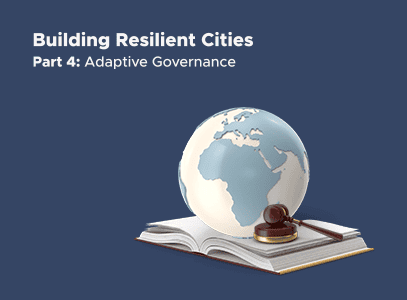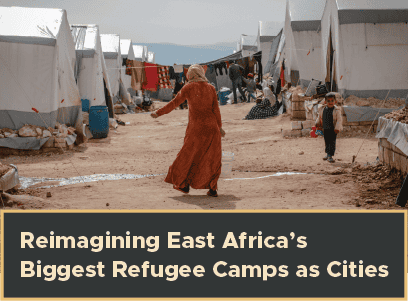In a world with increasing refugee crises, this paper explores how charter cities can generate more effective responses to refugee movements and place refugee and local community needs firmly at the center of local governance. The innovations in governance offered by the special jurisdictions of charter cities provide promising policy tools that support refugee agency and autonomy in situations of protracted displacement. Existing practices that keep refugees in de facto permanent encampments for years are fundamentally flawed and damaging to refugees, local communities, and national governments alike, as well as a contravention of refugees’ rights and freedoms.
Scholars and practitioners increasingly recognize the importance of social and economic rights and livelihoods to any ‘durable solution’ for refugee crises. This paper illustrates the ways in which charter cities can achieve these aims while also providing long-term benefits and sustainable development for local communities. Though integration at the national policy level is always more protective than localized policy, it is not always possible. In the absence of national-level policy changes, charter cities can generate immediate improvements for refugees’ living conditions and access to livelihood options while simultaneously demonstrating the benefits of integration to national governments. Over time this demonstration effect can help overcome the political obstacles to more just, equitable, and effective refugee responses.
The statistics characterizing the state of global displacement today boggle the mind. Data from the United Nations High Commissioner for Refugees (UNHCR) shows that the number of forcibly displaced people worldwide increased by more than 35 million over the last ten years, rising from 43.3 million1 to 80 million2 between 2009 and mid-2020. That number represents UNHCR’s highest count on record. Of this figure, 26 million are recognized as refugees under UNHCR’s legal definition and many more are considered to be de facto refugees.







